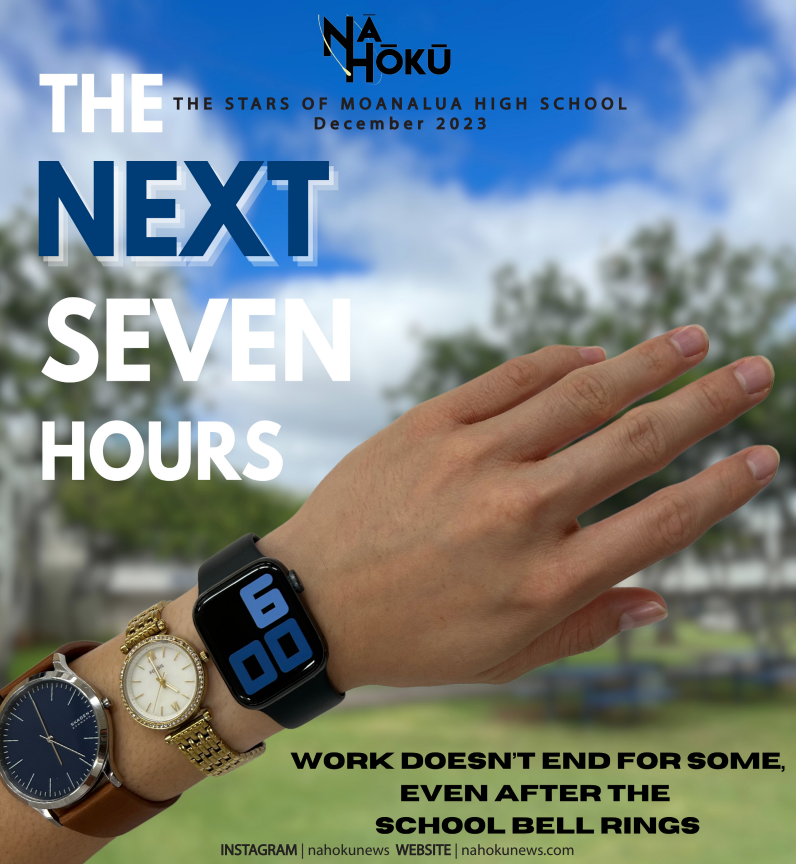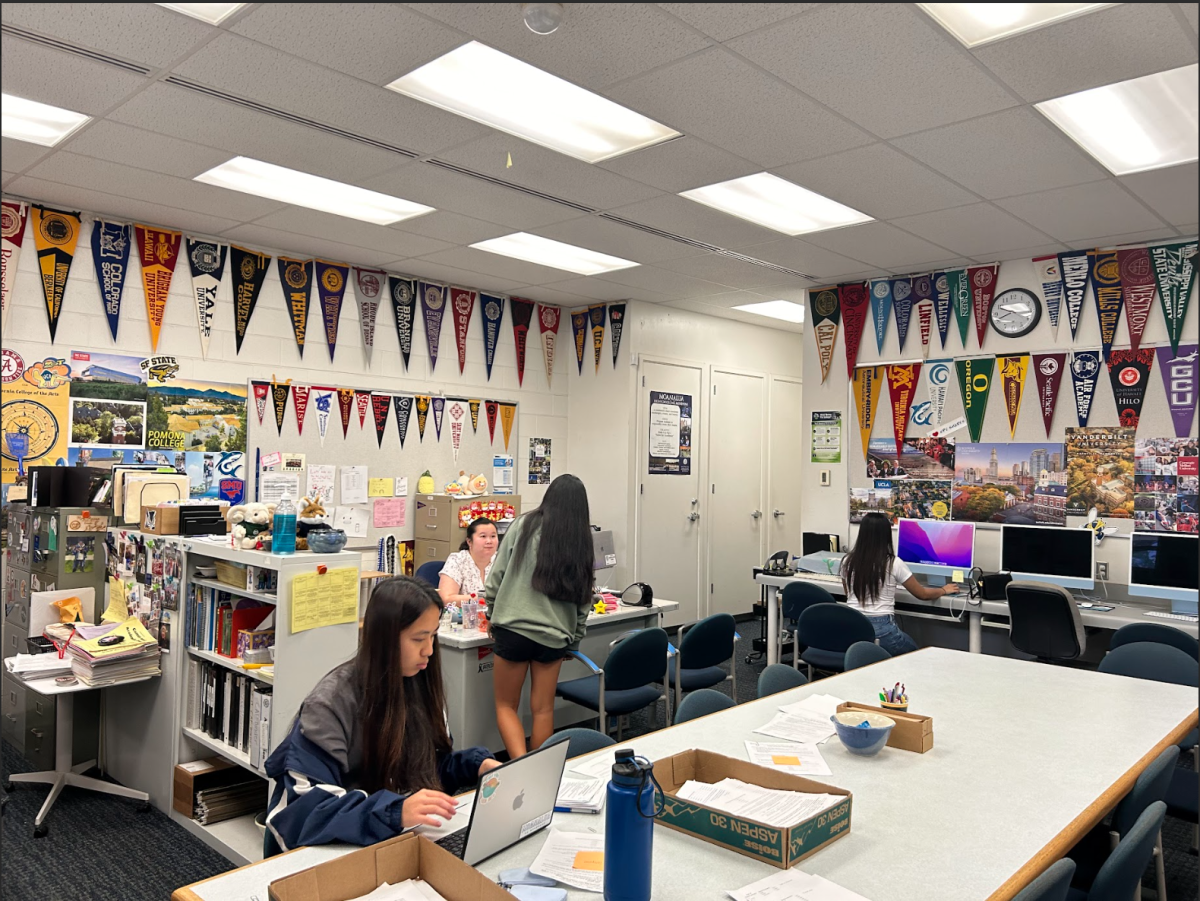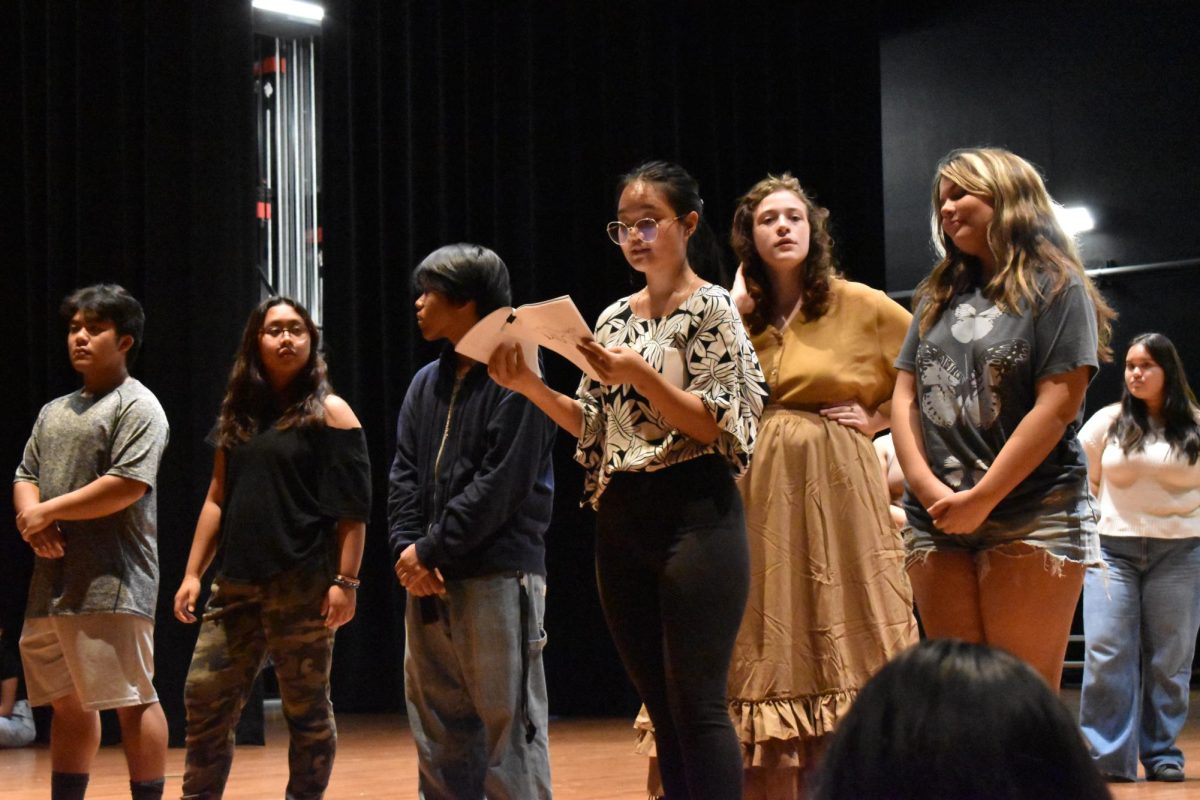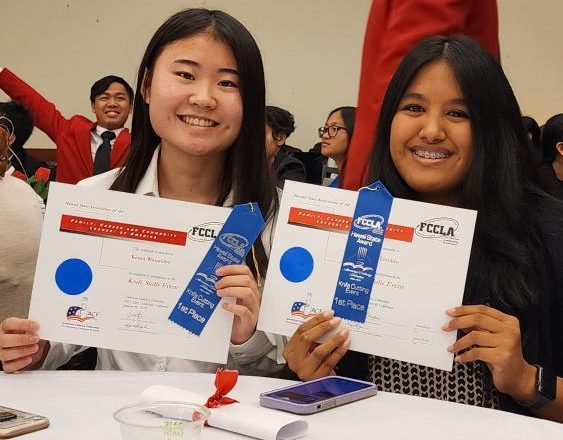Attending college has always been a quintessential facet of the American dream—yet, over the past few years, there has been a growing number of reasons not to attend. $36,436 per student per year—to be exact. That number is the average amount paid towards college tuition in the United States, including books, supplies, and daily living expenses. This statistic has steadily increased over the past decade, with college tuition inflation averaging a 12% increase over the past decade. This high sticker price has cast doubt upon the institutions responsible for higher education, with many questioning if college is even worth attending.
The Degree
The primary focus of any higher education is to obtain a degree or certificate which serves as proof of one’s abilities for use in the job market. However, the true value of one is hard to quantify. The U.S. Census Bureau reported that people with bachelor’s degrees earn an average of $2 million in their lifetime compared to people with high school diplomas earning just $1.2 million throughout their careers. Even having an associate’s degree, which is typically earned in two years, increased lifetime earnings by nearly $300,000 on average.
While people with degrees already gain advantage over those without one, research finds that earnings increase even more with educational attainment. According to Education Corner, “Graduates of bachelor’s programs are projected to earn near $2.1 million, while those with master’s degrees are estimated to make just over $2.5 million. It’s projected that individuals with PhDs will earn about $3.4 million during their careers, and professionals, lawyers or doctors, for example, are projected to make about $4.4 million.”
Additionally, the amount of employers still looking for college graduates is growing, not shrinking. According to a new report, by 2031, 70 percent of job openings in Hawaii will require some sort of education and/or training beyond high school. So while there is still increasing doubts about attending college, the job market is still biased towards those with postsecondary education.
“I think employers are still looking for that degree because it shows more than just the piece of paper. It shows that you have grit, it shows that you’re committed to something, it shows that you can enter the professional workforce prepared,” Moanalua High School College & Career Counselor Tricia Apana said.
This clear distinction between earnings and job opportunities has been the basis for the college argument for decades. However, the value of college is not just about pure economics.
Intangibles
Many universities and institutions have alumni networks that extend far beyond the physical confines of their campuses. The largest ones even have clubs in international countries that alumni and students can connect with. This can provide opportunities for career openings, internships, and valuable connections with people in the industry. This unique opportunity to network provides an edge to those students who attend universities that are widely recognized globally. Many would like to deny the importance of “prestige,” but it is undoubtedly easier for students who have attended the most elite universities to stand out and make connections.
The financial and career benefits are one aspect of the college debate, however, the experience of attending a university is an especially unique one, which some argue makes attending college priceless. For many, college is an experience where the biggest personal growth occurs. This is because college is a place where different perspectives thrive, debate is nurtured, and diverse opinions are expressed.
“One of the things that I think that college does is it brings other students from other places here and it creates the conditions of conversation and exposure to different people, different cultures, different parts of the United States, different parts of the world, and it opens up the kinds of conversations that is a rare spot to have,” University of Hawaii Vice President of Academic Strategy Deborah Halbert said.
The exposure from this often widens a person’s perspectives and gives university students a better understanding of the world and people. This is especially true for people who have grown up in Hawaii, where attending college on the mainland can be an opportunity to experience life elsewhere. Living on an island where everybody and everything reside in relatively close proximity can sometimes feel suffocating and restraining. Freedom—from parents, people, or the past, is oftentimes the goal for students who attend college out-of-state. Moreover, even for in-state students, college is frequently where friendships are created and bonds formed. Being surrounded by people going through the same experiences are the times when deep emotional connections are best nurtured.
These intangibles are often-cited arguments used for proponents of attending college. One of these proponents is Bruce Yonesaki, a sergeant in the state sheriff’s office, who is also a coach for the Moanalua High School Air Riflery Team. Yonesaki, who didn’t complete his college education, is a supporter of higher education, despite the fact that he was able to have a successful career in law enforcement without a degree.
“I was just fortunate that I was able to be in a position to do something different. It was a matter of luck.” he said. “That’s why for my own kids, college is a must. You can’t rely on luck. If you don’t have that college education, I feel that it’s like picking straws, that’s the reality of it.”
Yonesaki’s support for higher education comes from his own experience in the job market, where he found the lack of a college education burdensome. He was eventually able to overcome these barriers but he feels that it would have been easier if he had had that formal training initially.
Yet, is this enough to take on crippling student debt and pay the ever-increasing tuition costs?
Sticker Shock
The cost of going to school in the United States can be up to six figures for some. With the average American just saving $5,011 last year, oftentimes the only way of affording attendance at the most expensive institutions is to take on student loans. In the United States, there is about $1.6 trillion in outstanding student loan debt, with 43.2 million borrowers. That’s about 13 percent of the United States population with this liability on their hands. This has caused many to question if getting a degree is worth the price, with confidence in the university system going down. Consequently, this has also widened the search for options other than college.
Job Market Trends
Trends in the job market have fostered even more doubts about the true value of a college degree. Companies like Apple, Tesla, IBM, Delta Airlines, and Hilton, now no longer require a college degree for an interview. This has decreased barriers to entry in the workforce for those without one. Companies recognize that talent does not require a piece of paper, and that individuals have different situations and priorities. This marks a wider shift in the job market, where work experience is now being viewed with more importance. Experience often fosters character growth and new perspectives that young people might otherwise not have.
The Trades
Another option that is now being looked at more favorably is trade careers. Plumbers, electricians, and carpenters are high-paying jobs that require less time than a full four-year bachelor’s degree. For people interested in these kinds of jobs, the time has never been better. Since the start of 2023, skilled trade jobs have seen double-digit growth for demand. Pay for these jobs can be very good, depending on experience, overtime, and job listing. According to Georgetown Center on Education and the Workforce, there are some 30 million jobs in the United States that pay an average of $55,000 per year without the requirement of a bachelor’s degree.
One current high school student that is pursuing this option is Senior Brayden Maglaya.
“I thought about (going to college), but I later felt I didn’t need it if I’m going to be an electrician,” he said.
Maglaya enjoys working on his car radio, which inspires his interest in the field. He said he did feel some pressure to go to college. His older sister, who graduated last year, is in college and encouraged him to go, too.
“My family let me decide [what I was going to do after graduation] on my own. They let me think about it myself.” He finally told his family around new year’s that he decided to not go to college and instead take up a trade. He said his family was supportive.
Maglaya is going to start working this summer with his uncle, who is an electrician.
“Then I’ll go to school to get my certificates,” he said.
The choice is personal
While college provides numerous benefits that have been proven over time, the options for career and development have never been greater. For students unsure of what path to take, there are opportunities in the military, workforce, and community colleges. Cost of attending college can be the deciding factor, but there are options for that as well.
“You can start off at community college, we also have WUE options, which is Western Undergraduate Exchange options,” Apana said. “So if you qualify with your GPA, you could qualify for a discounted tuition. So there are options and I think tuition or cost should be a big factor in deciding what college you want to go to.”
In addition, students unable to fully pay tuition have wider access to financial aid and scholarships than people in the past. In fact, 83.8% of all students benefit from some sort of financial aid.
The main priority for young people, even those who believe that school is not for them, is to have a plan. The jump into adulthood can be scary, but with research, reflection, and consideration of all options, all students can find their own success.










